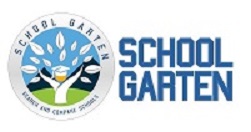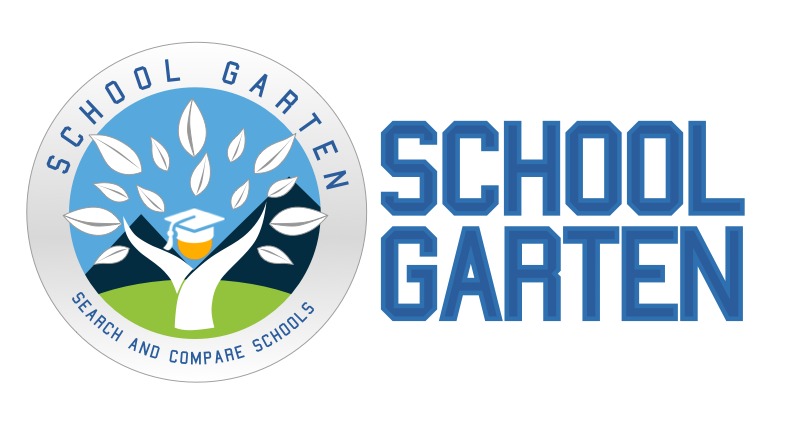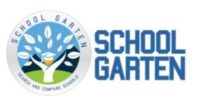Entrance Exams for Students
Understanding and preparing for entrance or competitive exams is important for students to navigate their chosen career paths effectively.
Learning about entrance or competitive exams is crucial for students to plan their career paths effectively, gain a competitive advantage, develop important skills, assess their capabilities, unlock career opportunities, and foster personal growth. Engaging in exam preparation equips students with the knowledge and skills necessary to navigate the challenges and opportunities that lie ahead in their chosen fields.
Exploring a Range of Entrance Examinations for Students in India.
Engineering Entrance Exams (JEE Main, JEE Advanced)
The Joint Entrance Examination (JEE) is a national-level entrance exam for undergraduate engineering programs in India. It is conducted by the National Testing Agency (NTA) in two phases: JEE Main and JEE Advanced. JEE Main is a qualifying exam for JEE Advanced, which is the gateway to the top engineering colleges in India.
Medical Entrance Exams (NEET, AIIMS)
The National Eligibility cum Entrance Test (NEET) is a national-level entrance exam for undergraduate medical programs in India. It is conducted by the NTA.
Management Entrance Exams (CAT, MAT, XAT)
The Common Admission Test (CAT) is a national-level entrance exam for postgraduate management programs in India. It is conducted by the Indian Institutes of Management (IIMs) and is the most popular management entrance exam in India.
Design Entrance Exams (NID, NIFT, UCEED, CEED)
The National Institute of Design (NID) entrance exam is a national-level entrance exam for undergraduate design programs in India. It is conducted by the NID and is the only exam required for admission to NID design programs.
Architecture Entrance Exams
The National Aptitude Test in Architecture (NATA) is a national-level entrance exam for undergraduate architecture programs in India. It is conducted by the Council of Architecture (CoA) and is the only exam required for admission to architecture programs in India.
Law Entrance Exams (CLAT, AILET)
The Common Law Admission Test (CLAT) is a national-level entrance exam for undergraduate law programs in India. It is conducted by the National Law School of India University (NLSIU) Bangalore and is the only exam required for admission to 50 National Law Universities (NLUs) in India.
These are just a few of the many entrance exams that are available in India. Students should choose the exam that is right for their career goals and academic interests.
Additional Courses for Students
 Additional courses play a crucial role in promoting holistic development among students. By engaging in these courses, students have the opportunity to broaden their knowledge, acquire practical skills, and nurture their talents beyond the confines of their regular academic curriculum. These courses often focus on areas such as critical thinking, problem-solving, creativity, communication, leadership, fitness, and overall well-being, which are essential for a well-rounded development.
Additional courses play a crucial role in promoting holistic development among students. By engaging in these courses, students have the opportunity to broaden their knowledge, acquire practical skills, and nurture their talents beyond the confines of their regular academic curriculum. These courses often focus on areas such as critical thinking, problem-solving, creativity, communication, leadership, fitness, and overall well-being, which are essential for a well-rounded development.
Moreover, the additional courses encourage students to explore their interests, passions, and potential career paths. They provide a platform for students to delve deeper into specific subjects or fields, fostering a sense of curiosity and intellectual growth. Through these courses, students can develop a diverse range of skills and competencies that go beyond mere academic excellence.
Furthermore, the holistic development facilitated by additional courses extends beyond intellectual growth. Many courses also emphasize personal and interpersonal skills, including teamwork, adaptability, resilience, and empathy. These courses often incorporate interactive activities, projects, and practical exercises, allowing students to apply their learning in real-world scenarios and enhance their overall personal and social capabilities.
By participating in additional courses, students can tap into their full potential, discover their strengths, and develop a well-rounded personality. This holistic development equips them with the necessary skills and qualities to thrive in various aspects of life, including higher education, careers, and personal relationships.
A few key additional courses that students can consider include-
Foundation courses designed to build a strong conceptual foundation in subjects like Mathematics, Science, and English. These courses aim to strengthen students’ fundamental knowledge and prepare them for higher-level studies.
Courses to help students improve their proficiency in languages like English, French, German, Spanish, etc. These courses focus on language skills, grammar, vocabulary, and communication.
Career Guidance and Counseling
Career guidance and counseling services to help students make informed decisions about their future. They provide information about various career options, colleges, courses, and assist students in choosing the right path based on their interests and abilities.
Skill development programs to enhance students’ soft skills and personality traits. These programs focus on communication skills, public speaking, leadership, time management, and overall personality development.
With the increasing popularity of online education, there are numerous online platforms and websites that offer courses and coaching for students up to 12th grade. These platforms provide access to study materials, video lectures, practice tests, and interactive learning resources.
It’s important to note that coaching options may vary depending on the location and specific requirements of students. It’s advisable to research and choose reputable coaching institutes or online platforms that align with the students’ goals and aspirations.
Physical Activity Courses
 Physical activity courses for students are designed to promote health, fitness, and overall well-being through engaging in various physical activities. These courses aim to develop students’ physical skills, improve their cardiovascular fitness, enhance coordination and flexibility, and promote an active lifestyle.
Physical activity courses for students are designed to promote health, fitness, and overall well-being through engaging in various physical activities. These courses aim to develop students’ physical skills, improve their cardiovascular fitness, enhance coordination and flexibility, and promote an active lifestyle.
Here are some examples of physical activity courses for students: Physical Education (PE) classes in schools, Dance classes, Martial arts classes, Outdoor education programs, Fitness and wellness classes, Recreational sports leagues
Physical activity courses for students not only contribute to their physical health but also promote social interaction, teamwork, discipline, and self-confidence. It is important for schools and educational institutions to provide a well-rounded curriculum that includes physical activity opportunities to support the holistic development of students.



